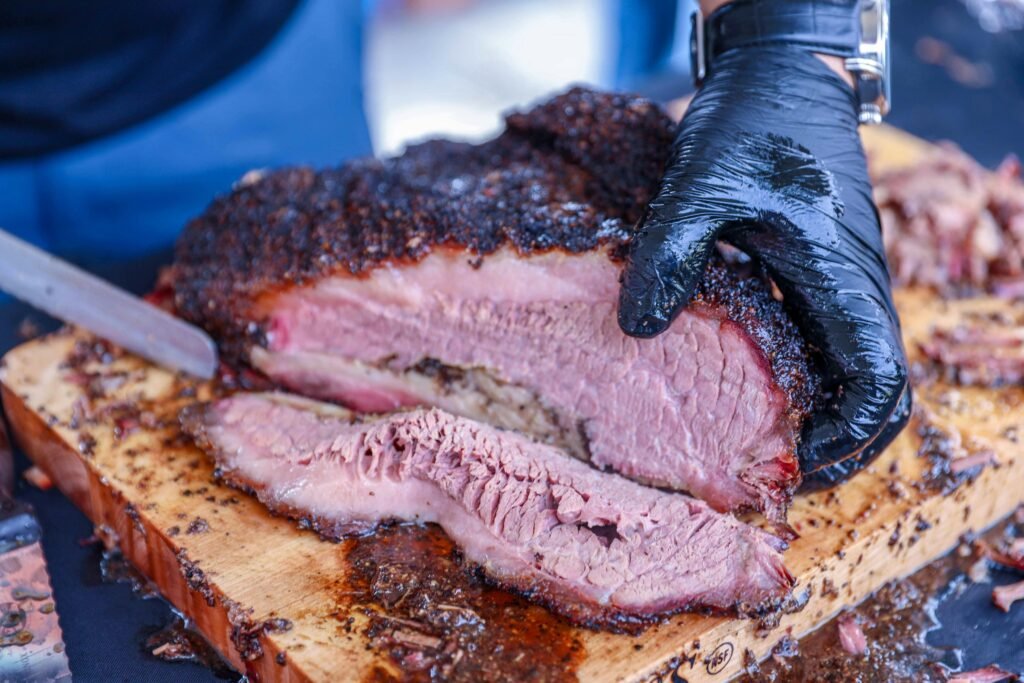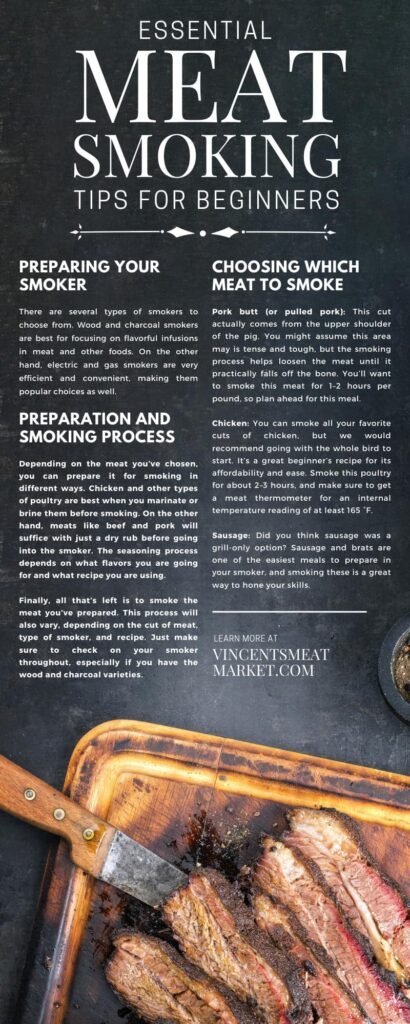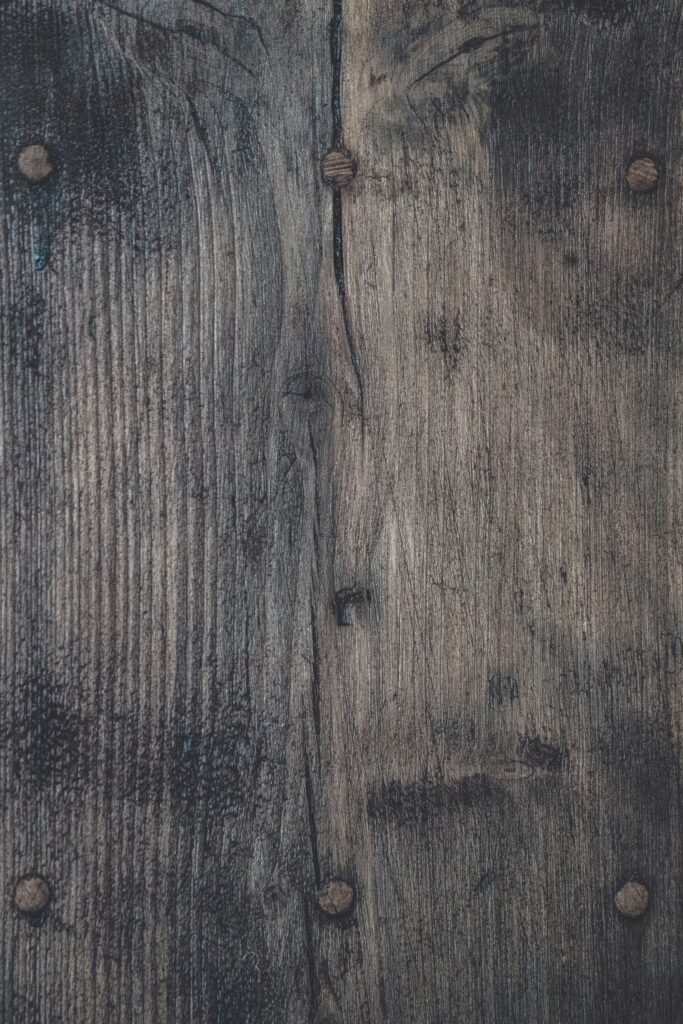Have you ever stood in front of a gigantic grill, spatula in hand, and wondered what it takes to transform an entire hog into a smoked culinary masterpiece? We have. When it comes to hosting the ultimate barbecue, nothing screams grandeur quite like smoking a whole hog. Yet, the idea can feel overwhelming, especially if our usual grilling repertoire consists of hamburgers and hot dogs. Fret not! We’re here to simplify the process and guide you through each smoky step, so get ready for a culinary adventure that’ll leave you—and everyone else—salivating.

This image is property of images.pexels.com.
Why Smoke a Whole Hog?
Let’s start with the obvious question: Why bother smoking an entire hog? First, the flavor is unbeatable. When executed correctly, smoked pork transforms into a tender, flavorful treat that’s hard to beat. Beyond that, it’s a fantastic way to feed a lot of people at once, making it perfect for gatherings. Plus, there’s something undeniably primal and fulfilling about cooking a whole animal—a ritual steeped in tradition and celebration. Imagine the looks on your friends’ faces when you unveil your pièce de résistance.
Choosing the Right Hog
Picking the right pig is crucial. Not all hogs are created equal, and choosing the right one can make or break your BBQ. But don’t worry, this isn’t another overwhelmed-in-the-meat-aisle moment.
Weight and Size
We want a hog that’s big enough to feed our crowd but not so big that it won’t fit in our smoker. As a general rule, a 100-pound hog feeds about 75 people, assuming everyone will go back for seconds—and let’s be honest, they will. Make sure to measure the space in your smoker to ensure it’ll accommodate our chosen pig.
Source and Quality
Where we get our hog matters—opt for a local supplier who raises their pigs sustainably. For a tender, flavorful result, choose a hog that’s been fed a natural diet and allowed to roam freely. It really does make a difference!
Equipment Essentials
Before we can get the party started, let’s chat about the gear. Aside from the smoker, there are a few other tools we’ll need.
The Smoker
There’s a galaxy of smokers out there. For a whole hog, a horizontal offset smoker works well. They create that smoky vortex we crave, evenly cooking the pig. But if you don’t have one, don’t stress. You can make do with a large charcoal or propane smoker, just make sure it’s big enough for our meaty friend.
Other Tools
Here’s a handy table detailing the essential equipment:
| Equipment | Use |
|---|---|
| Knife Set | For trimming and prepping the hog |
| Meat Thermometer | Checking doneness of the pork |
| Brining Bucket | For marinating the hog overnight |
| Meat Injector | Injecting marinade directly into the meat |
| Grill Gloves | Protecting your hands when handling hot equipment |
| Basting Brush | Apply sauce or marinade during cooking |
| Charcoal/Logs | Fuel for the smoker |
Preparing the Hog
Now that we’ve sorted our hog and gear, let’s talk prep. The preparation sets the stage for flavor, so it’s time well spent.
Cleaning and Prepping
First thing’s first: clean the hog. We’ll want to give it a good rinse with cold water and pat it dry with paper towels. We might encounter a little residual hair; a quick once-over with a blowtorch or singeing with a lighter can tidy things up. Then, with sharp knives in hand, remove any excessive fat and silver skin to ensure even cooking and better flavor absorption.
Marinades and Injectables
We’re all about infusing flavor deep into the meat. A simple brine of water, salt, sugar, and apple juice does wonders to season and tenderize the hog. Let it soak for at least 12 hours (overnight is best) in a cool place. If we’re feeling fancy, we could also use a meat injector to shoot some extra marinade into the thicker sections of meat, like the shoulders and hams.
Setting Up the Smoker
Our preparations wouldn’t be complete without setting up the smoker correctly. This is where flavor magic happens.
Coal and Wood Selection
We’ll want hardwoods like hickory, pecan, or fruit woods like apple or cherry for smoke. They provide a sweet and robust aroma that complements pork beautifully. Arrange the charcoals in a pyramid and light them up, then slowly add wood chips or chunks, allowing them to smolder at a consistent 225°F to 250°F.
Temperature Control
Maintaining a consistent temperature is critical. Use the built-in thermometer to keep an eye on it, adjusting the vents as needed. A too-hot smoker dries meat out, while a low-temp one drags out cook time excessively.
Time to Cook
The stage is set, the hog prepped, and the smoker ready—it’s showtime!
Positioning the Hog
Lay our hog flat, belly-up inside the smoker. Ensuring it cooks evenly is key, so consider rotating the hog every couple of hours if possible.
Cooking Duration
Cooking a whole hog is a marathon, not a sprint. Count on 1 to 1.5 hours per 10 pounds as a baseline. But more importantly, use an internal thermometer to verify doneness. We’re aiming for an internal temp of 195°F in the shoulder and 175°F in the hams.
Basting and Flipping
We want to keep things juicy by basting every couple of hours. Think apple cider vinegar or a simple BBQ sauce thinned with apple juice. This enhances the flavor and keeps our hog happily moist.
Flipping isn’t mandatory, yet if we do choose to flip, get a couple of trustworthy friends to help. Safety first, and thank goodness for grill gloves.
Sauces and Sides
While our hog is the headliner, a few choice sides can elevate the meal to sidekick superhero levels.
Sauce Recommendations
Traditional southern hog roasts favor vinegar-based sauces. Offering a selection including sweet, tangy, and spicy gives guests options to experiment with. Let’s channel our inner connoisseur and create some signature blends.
Perfect Pairings
Here are some sides that complement our smoky centerpiece beautifully:
| Side Dish | Description |
|---|---|
| Coleslaw | Crunchy and creamy, offsets the richness of the pork |
| Macaroni and Cheese | Comforting, cheesy, crowd-favorite |
| Cornbread | Slightly sweet, a great texture contrast to the juicy pork |
| Baked Beans | Sweet and smoky, can be cooked alongside the hog in the smoker |
| Grilled Vegetables | A lighter option to balance the meal |
Common Challenges and Tips
No adventure is complete without its hurdles. Don’t worry; we’ve faced—and tackled—the most common smoking challenges.
Dry Meat
Dry pork is the nemesis of hog smoking. Keeping the smoker moist is important—ours involves adding a pan of water in the smoker. A basting routine is crucial, and remember, low and slow heat ensures tender results.
Temperature Swings
Variable smoking temps can happen if the weather changes or if more fuel is added. Invest in a good digital thermometer to vigilantly monitor and respond with timely adjustments.
Enjoy the Feast
After countless hours and maybe a bit of nail-biting, it’s finally time to carve and enjoy! Our labor of love has yielded a beautifully smoked hog ready for devouring.
Carving Tips
Start with the larger muscles first—shoulders and hams—then work towards the leaner sections as our hungry crowd starts to diminish. Don’t be shy about donning gloves and using your hands; part of authentically serving whole hog involves a rustic approach.
Gathering Feedback
Of course, we’re keen to hear what everyone thinks. Take note of what worked and what could be improved for next time. The magic of BBQ is that it’s a lifelong learning process, and the company makes the journey worthwhile.
Conclusion
Smoking a whole hog may seem daunting, but with a little effort and our trusty guide, anybody can do it. It is a commitment of time, preparation, and vigilance, resulting in a stunning dish that pays off in flavor and fun. Let’s embrace the challenge, celebrate the outcome, and maybe even inspire a neighbor or two to embark on their smoke-infused adventure. Fire up that smoker, invite some friends, and experience the joy of bringing a time-honored tradition to life.





